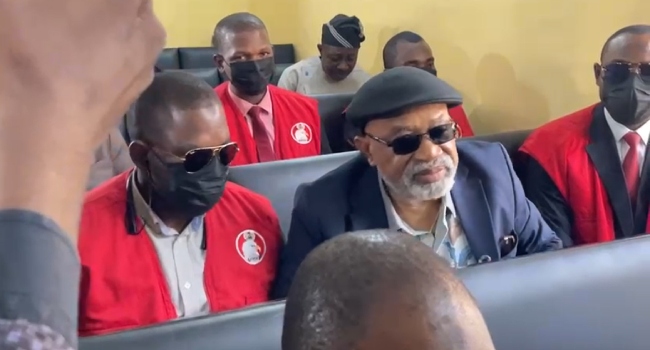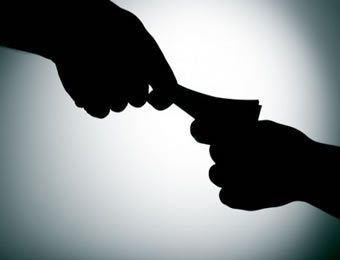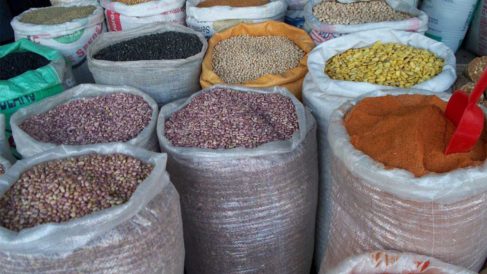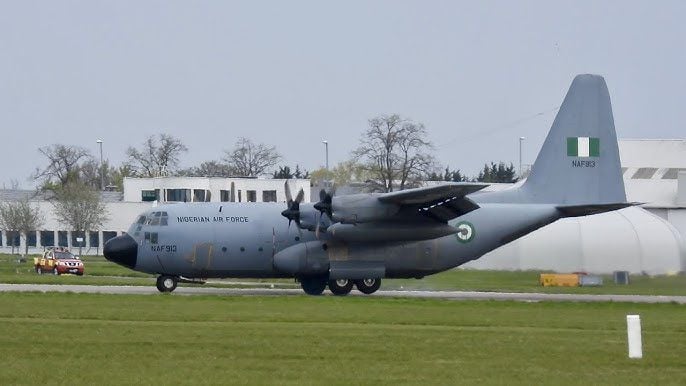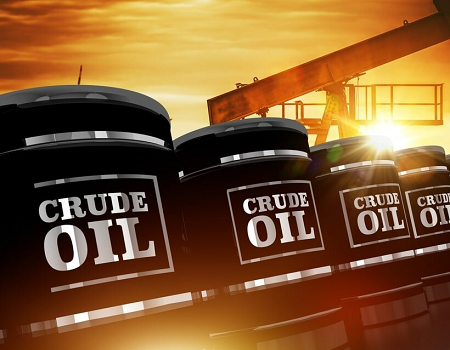
The House of Representatives on Wednesday affirmed that crude oil worth over $20 billion could not be accounted for between 2005 and 2012, according to the forensic audit conducted by the Ad-hoc Committee investigating Crude Oil Theft.
Chairman, Ad-hoc Committee on Crude Oil Theft, Hon. Peter Akpatason who disclosed this during the resumed hearing in Abuja, also noted that the same trend of infractions was observed between 2016 and 2019.
“I want to state clearly that the Ad-Hoc Committee was not set up witch-hunt any person or persons, organisation or organisations, rather identify and proffer a lasting solution to this lingering cancer bedevilling us as a nation. Nevertheless, anyone found culpable shall be brought to face the law by the appropriate law enforcement agency.
“The effects of crude oil theft cannot be overemphasized, and this has lasted for too long. As patriots, it is our collective responsibility to see to the end of this stealing. The Ad-hoc Committee has identified the key role DPR as the agency of government in the sector hence your re-invitation today to enable us to work together and come up with a common front on ways to tackle this matter if not completely put an end to it, reduce it to its barest minimum.
“DPR is the agency of government saddled with the responsibility of monitoring crude oil production and lifting. The Committee requested and obtained schedules of crude oil produced and lifting between 2005 to 2019.
“Forensic analysis of the data revealed a very wide margin between what was reported produced and what was lifted. Between 2005 and 2012, DPR reported production of 1,746,621,167 barrels from four sampled oil terminals of Egeravos, Bonny, Forcados and Bonga.
“Out of these production volumes, only 1,417,200,848 barrels were accounted for, as having been lifted officially. A whopping volume of 329,420,319 barrels, valued at over $20 billion, could not be accounted for. The same trend of infractions was observed in the years 2016-2019.
“The Committee through the analysis of submissions to the Committee have raised issues requiring clarifications from DPR these issues range from unprocessed crude oil, suspected stolen/diverted crude oil, discrepancies in records, use of inappropriate devices and technologies for measurement and gauging despite huge budgetary provisions,” he stressed.
According to him, the Ad-hoc Committee resolved to resume the “investigation on crude oil theft in Nigeria, having gone through submissions from the various stakeholders in the sector.
“During the analysis, the Committee made discoveries that require clarifications from major stakeholders,” Hon. Akpatason noted.
While noting that the Committee had earlier scheduled to meet with the military, due to the recent changes of Service Chiefs, and that the meeting was postponed, he assured that “a new date will be communicated soon.”
He explained that the committee was scheduled to meet with management of Department of Petroleum Resources on Wednesday, adding that similar meeting would be held on Thursday and Friday with the management team of Nigerian National Petroleum Corporation (NNPC) and Central Bank of Nigeria (CBN) on Friday.
In his presentation, DPR’s Director/CEO, Mr Sarki Auwalu, who gave a vivid account of hydrocarbon operations, alleged that blamed the crude theft on third party interference, especially at the land terminals.
“I will like to use this opportunity to give a brief on how we will account for hydrocarbon in this nation. I think that will provide a better view of this committee as well as Nigerians. The process starts with well, because every crude oil comes from well, and you cannot drill a well without knowing the capacity of that well to produce.
“So, the hydrocarbon accounting in DPR starts from well. Once you drill a well, you will need to have what we call a maximum efficiency rate to know the capacity that well will produce. The volume accounting starts from that point. In hydrocarbon accounting, we have static measurement and we have a dynamic measurement. The static is the volume that went into a tank that you can dip and know the volume, while the dynamic is the volume that goes across the meter.
“We have two kinds of meters: we have production meter that you measure the volume of oil produced and we have custody transfer meter where you measure the volume of oil that exchanged hands. What we do is to take inventory of all wells producing in every field based on the volume we give, within which that well cannot produce more than that.
“If you under produce, you can kill the reservoir. If you overproduce, you can kill the reservoir. All these volume measurements, whether static or dynamic, we make a record of them. So, where is the problem? The problem is that we have 30 terminals in Nigeria and these terminals, five are land terminals.
“Most of the thefts, they are coming from land terminals because the land producers, they have to use pipelines to transport the crude into the terminals for export. In the process, you have a lot of third party interference in which those points of theft were there; small volumes that account for the larger volume are being taken and they are being stolen.
“So, most of the discrepancies in production and export, you can easily calculate the theft volume. And the theft volume, if not all, come from the land terminals. But the offshore terminals, it is actually practically impossible to steal crude from offshore terminals, since it is from the bottom of the sea,” Mr Auwalu noted.

